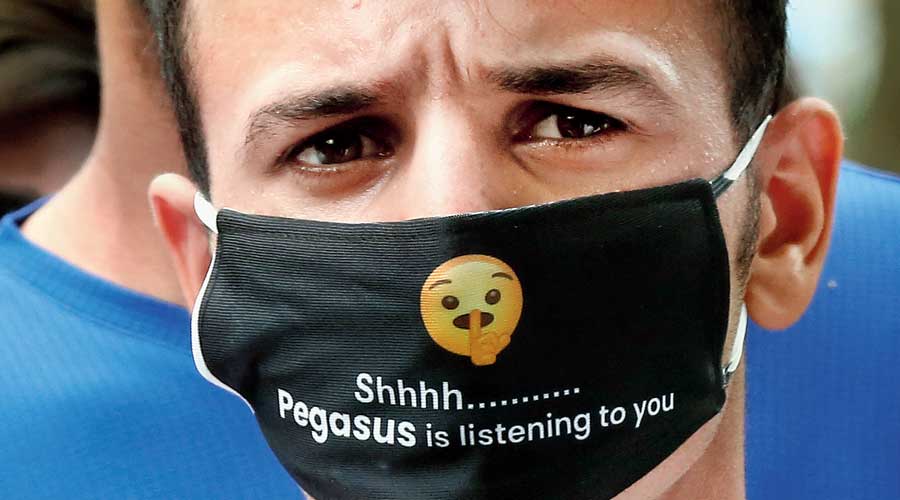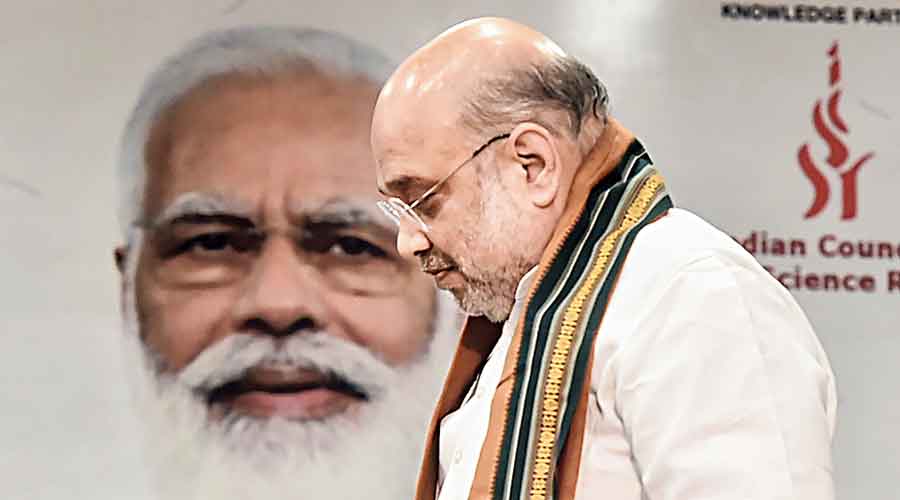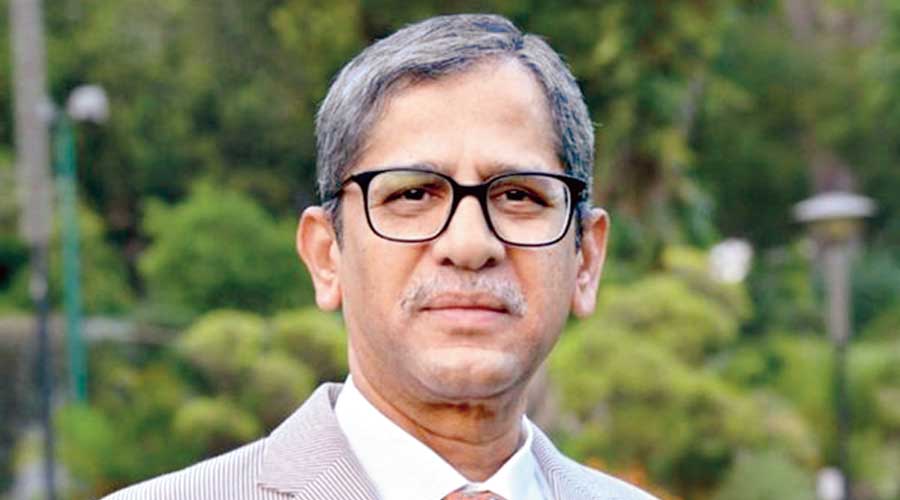Israel’s ambassador to India on Thursday said his country allowed companies like the NSO Group, which created the Pegasus spyware, to sell their technology only to governments but refused to be drawn into commenting on its alleged use here on the premise that it was India’s internal matter.
Ambassador Naor Gilon was responding to questions related to Pegasus during his first media conference in New Delhi after presenting his credentials to the President on Tuesday.
Gilon was asked if the Indian government had contacted the Israeli government or the embassy regarding the use of the spyware in India, and whether the mission would work with the Supreme Court-appointed probe committee if its assistance was sought.
“NSO is a private Israeli company. I was dealing with it in the past,” he said.
Gilon added: “Every export of NSO or such companies needs an export licence of the Israeli government. We grant this export licence only (for) exporting to governments.… They cannot sell to non-governmental organisations. What’s happening in India is really the internal thing of India and I would rather not go into your internal affairs.”
Israel has all along maintained that the Pegasus software is sold only to governments.
Gilon’s remarks came a day after the apex court appointed a committee helmed by a former Supreme Court judge and including technical experts to examine allegations that the Narendra Modi government had used the Pegasus spyware to snoop on citizens.
Israel too is probing allegations against the NSO Group’s controversial Pegasus phone surveillance software after Amnesty International and the Paris-based Forbidden Stories released a list of 50,000 potential targets across the world. Several other countries have initiated their own inquiries into the purported spy scandal that first came to light in 2019.
Pegasus apart, Gilon dwelt at length on external affairs minister S. Jaishankar’s recent visit to Israel where he participated in the first meeting of a new Tel Aviv-led initiative for cooperation in infrastructure development among Israel, India, the UAE and the US.
The Israeli ambassador described the new grouping — called the Middle-East Quad by certain quarters in India — as an offspring of the Abraham Accords but was categorical in maintaining that there was no military element to this new forum. The Abraham Accords marked the normalisation of relations between Israel and the UAE.
Maintaining that ties between India and Israel are in a good place despite diametrically opposite positions on Iran — which Tel Aviv considers its main enemy — Gilon said both countries had learnt to work around this difference in opinion.
“On most issues facing the world, we (India and Israel) have similar positions,” the ambassador said. On Iran, he said: “We are very much aware of India’s position. Each country puts forward its own interests and concerns. We are very clear about Iran. India spoke about its interests. Over time, we will see how it plays out. Friends work to make it more adjustable.”













